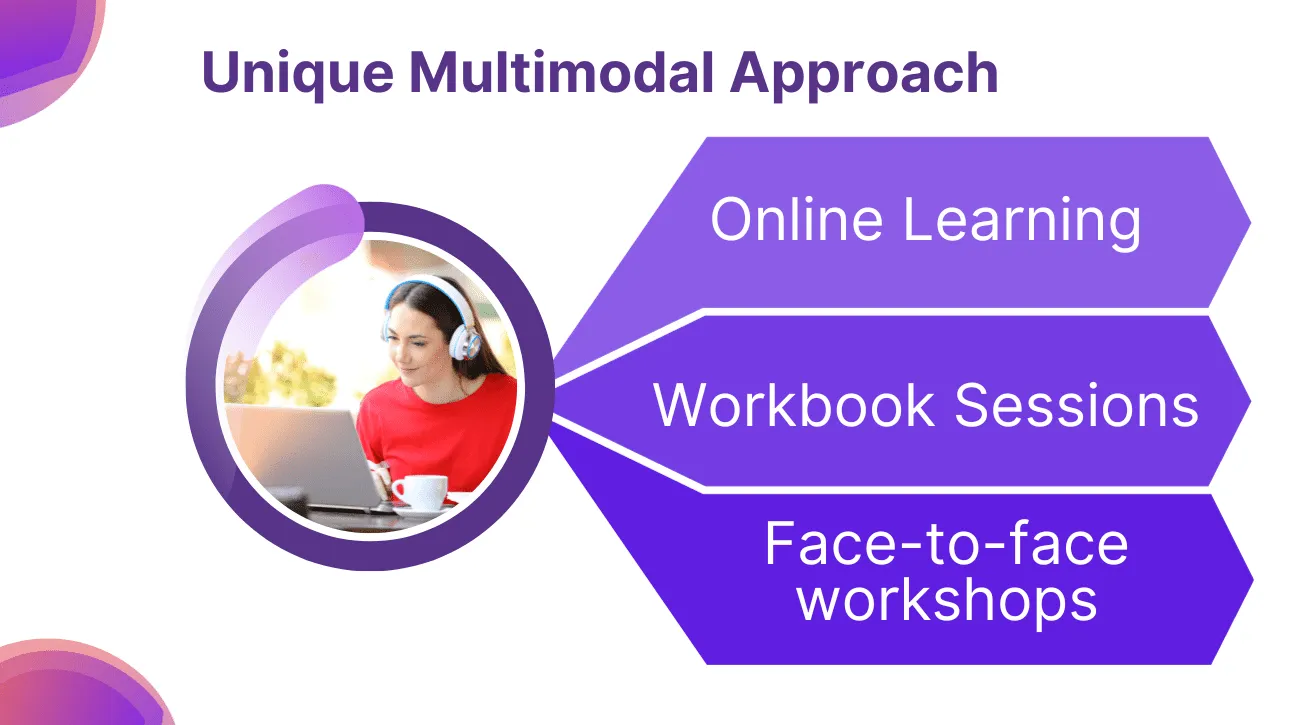
In the dynamic world of community service, a graduate certificate in client assessment and case management is a game-changer. This nationally recognised qualification opens doors to many opportunities, setting professionals on a path to excellence. It is more than just a certificate offered by renowned institutions like the Swinburne University of Technology and Charles Sturt University; it is a testament to one’s dedication and expertise in direct client work and case management.
Diving deep into crucial areas such as family violence screening and risk assessment processes, this course equips individuals with the skills to make a real difference. Whether you are aiming to be at the forefront of community service sectors or seeking to enhance your knowledge base, this graduate certificate community services program, endorsed by the Australian Skills Quality Authority and the Case Management Society, is the key to unlocking your potential.
The graduate certificate in client assessment and case management is a comprehensive program tailored for those passionate about making a difference. This qualification is designed to equip professionals with the advanced skills and knowledge they need to excel in their roles.
By completing this nationally recognised course, professionals enhance their skill set and position themselves as leaders in the community service sectors.
The graduate client assessment and case management certificate is about more than just theoretical knowledge. It is a holistic program that provides hands-on experience and insights into real-world scenarios. Here is a closer look at what the training program offers:

Assessment Methods:
| Method | Description |
| Direct Observation | Trainers evaluate your participation in workshops, ensuring you grasp key concepts. |
| Work Samples | Showcase your ability to undertake work-based tasks to the required standard. |
| 3rd Party Reports | Obtain feedback from supervisors or peers about your skills and performance. |
| Interview-based Assessment | Engage in detailed discussions, allowing trainers to gauge your understanding and application of concepts. |
There are specific entry requirements to ensure that every participant in the graduate certificate in client assessment and case management is well-prepared and can derive maximum benefit from the course. Additionally, the Recognition of Prior Learning (RPL) process plays a pivotal role in acknowledging the existing skills of professionals.
By understanding the entry requirements and the potential advantages of RPL, prospective students can make informed decisions about their educational journey, ensuring it is both efficient and effective.
The graduate certificate in client assessment and case management is designed to cater to a diverse range of learners. Recognising that everyone has a unique learning style and life commitment, the course offers multiple study modes, ensuring flexibility and convenience.
Key Features of Each Mode:
| Study Mode | Features |
| Online | – Access to a learning management system.
– No mandatory attendance is required. – Flexible schedule. |
| Face-to-Face | – Direct feedback from trainers.
– Opportunity for networking. – Structured learning environment. |
| Blended | – Combination of online workshops and face-to-face sessions.
– Versatile learning experience. |
Choosing the right study mode is crucial. Whether you are a busy professional looking for online flexibility or someone who values direct interactions in a classroom, the graduate certificate in client assessment and case management has an option tailored for you.
The graduate certificate in client assessment and case management is not just a qualification; it is a mark of excellence, especially when recognised by esteemed organisations. One such recognition comes from the Case Management Society of Australia (CMSA), amplifying the certificate’s value in the professional realm.
The graduate certificate in client assessment and case management is more than just a piece of paper. It is a transformative qualification that can significantly influence one’s career trajectory in the community service sector. Let us delve into the potential career implications of this esteemed certificate.

The journey through the graduate certificate in client assessment and case management is transformative. It is not just about acquiring a nationally recognised qualification but about embracing a path that promises growth, recognition, and the ability to make a genuine difference in the community service sectors.
In the ever-evolving landscape of community services, staying updated and equipped with the latest skills is crucial. The graduate certificate in client assessment and case management offers just that and much more. For those considering this journey, VET Resources stands as a beacon, guiding you through every step ensuring your educational journey is smooth, enriching, and rewarding.
Q1. What assessment methods are used in the case management graduate certificate program?
The program utilises various assessment methods, including direct observation, work samples, third-party reports, and interview-based assessments to ensure comprehensive evaluation of students.
Q2. What is included in the CHC community services training package?
The CHC community services training package encompasses a range of units and qualifications tailored for professionals in the community services sector, covering essential skills and knowledge.
Q3. Is the Institute of Technology affiliated with the management graduate certificate program?
While the management graduate certificate is offered by various institutions, it is best to check with the specific Institute of Technology you are interested in to see if they provide this program.
Q4. How does the case management graduate certificate ensure the safety of people?
The program encompasses units centred on evaluating risks, formulating safety strategies, and adopting top-tier methods to guarantee the security and welfare of both clients and the broader community.
Q5. Is the time of publication important when considering updates to the training material?
Yes, the time of publication indicates when the material was last updated. Regular updates ensure the content remains relevant and aligned with industry standards.
Q6. Is the management graduate certificate a nationally recognised training?
Yes, the management graduate certificate is a nationally recognised training, ensuring that it meets the quality standards set by the Australian Skills Quality Authority.
Q7. Can a Charles Sturt University student enrol in the case management graduate certificate program in New South Wales?
Yes, Charles Sturt University students can enrol in the program, especially if they are based in New South Wales, as the university has campuses and offers courses there.
Q8. What is the total number of units required to complete the graduate certificate?
The total number of units may vary based on the institution and specific course structure. It is recommended to check with the respective institution for detailed information.
Q9. What is a portfolio of evidence in the context of the graduate certificate?
A portfolio of evidence is a collection of documents, work samples, and records demonstrating a student’s competence, skills, and knowledge in the relevant units of the certificate.
Q10. How does the Department of Communities view the graduate certificate in client assessment and case management?
The Department of Communities recognises the value of such qualifications, as they equip professionals with the skills needed to serve and support diverse communities effectively.
Disclaimer:
The information presented on the VET Resources blog is for general guidance only. While we strive for accuracy, we cannot guarantee the completeness or timeliness of the information. VET Resources is not responsible for any errors or omissions, or for the results obtained from the use of this information. Always consult a professional for advice tailored to your circumstances.
Ben Thakkar is a Compliance, Training, and Business specialist in the education industry. He has held senior management roles, including General Manager, with leading Registered Training Organisations (RTOs) and Universities. With over 15 years of experience, Ben brings extensive expertise across audits, funding contracts, VET Student Loans, CRICOS, and the Standards for RTOs 2025.
Ben Thakkar
By submitting this form, you agree to the VET Resources Privacy Policy.